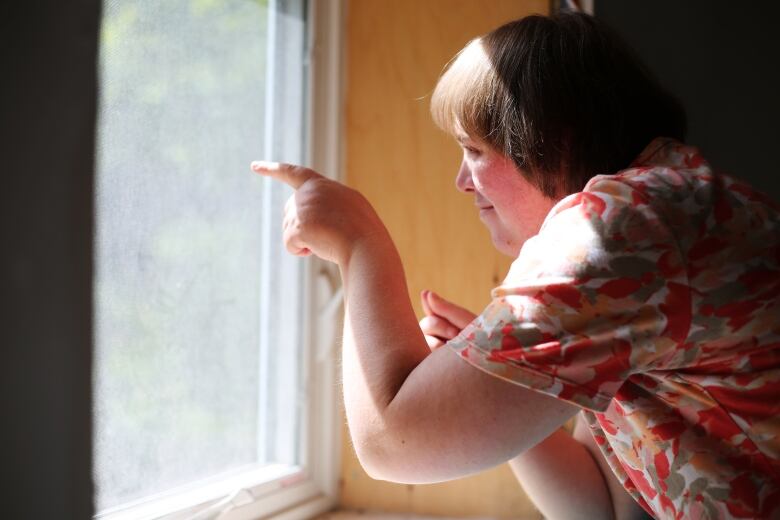Toque Tuesday tackles homelessness in Toronto
$8 million has been raised since the campaign started more than 20 years ago

Whether you're taking the TTC or walking by Nathan Phillips Square Tuesday, chances are you'll see them — hundreds of volunteers selling black and grey toques, stitched with a bold message: "I give a damn."
It's Toque Tuesday in Toronto, something Mayor John Tory is expected to proclaim outside city hall at 10:30 a.m.
The day is dedicated to helping the estimated 235,000 Canadians who experience homelessness every year.
"We're not going to stop until we end it," said Marc Soberano, the executive director of Raising the Roof, the national charity that runs the annual event.
Since it started in 1997, the campaign has raised more than $8 million for some 200 community groups across the country.
Fifty per cent of the proceeds from every toque sold in Toronto stays local, helping people in the GTA struggling with homelessness. The toque campaign runs until the end of March.
According to a housing advocate, the need for affordable housing has exploded in the last several years and is only growing.
'Life-and-death scenario'
Alyssa Brierley, with the Centre for Equality Rights in Accommodation (CERA), says her office fields about 1,000 calls annually — many from renters who have lived in their units for years — suddenly facing eviction and having to find a new home in the current market.
"For many people, this is a life-and-death scenario," said Brierley, adding the average rent for a one-bedroom apartment in Toronto is now $2,500 a month.
"It's unaffordable for professionals, it's incredibly unaffordable and quite impossible for folks who are marginalized and vulnerable members of our city."

CERA is partnering with Raising the Roof for Toque Tuesday for the first time this year.
Brierley hopes the campaign starts a much-needed conversation around housing affordability.
"We're failing to provide a basic necessity of life and a fundamental human right to so many people who need it and deserve it."
Homelessness prevention
In addition to supporting community groups, 15 per cent of the proceeds from toque sales are pumped into Raising the Roof projects.

That includes homelessness prevention and a new program called Reside.
Soberano says the idea is to create shared housing for vulnerable people by renovating vacant properties.
"There are vacant homes across Canada, underutilized homes — thousands of them laying empty. It's frustrating that exists at the same time people are sleeping on the streets."
The organization recently finished its first two renovation projects, including an old church in Caledon that sat empty for 19 years.
Back in August, CBC Toronto spoke with Patricia Franks and her daughter, Gabi, 30, who was about to become one of Reside's first residents.

Gabi was born with a developmental disability similar to Down Syndrome and has never lived on her own.
Moving into the house is a chance to take care of herself, even if it's just 10 minutes from her mom.
"I'm happy and excited," she said at the time.

Soberano says buying a toque is a way to show support to people like Gabi.
"You want to wear something you're proud of. These toques are a really cool symbol to show everyone here, across Canada, [and] Toronto, is on board with this issue," he said.
"It's a small contribution we can all make."